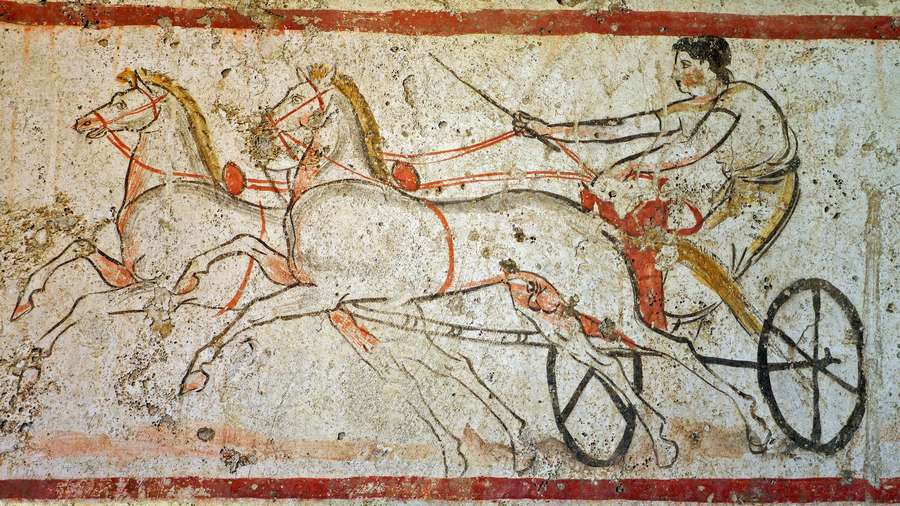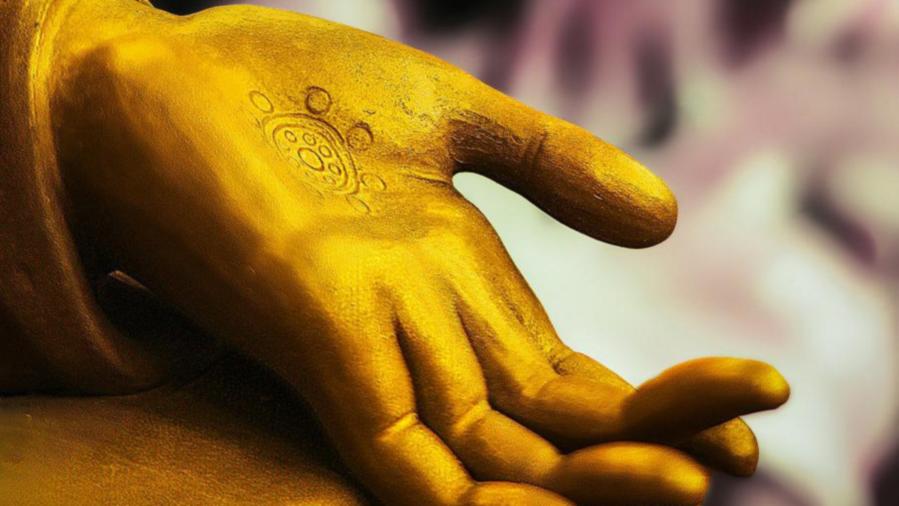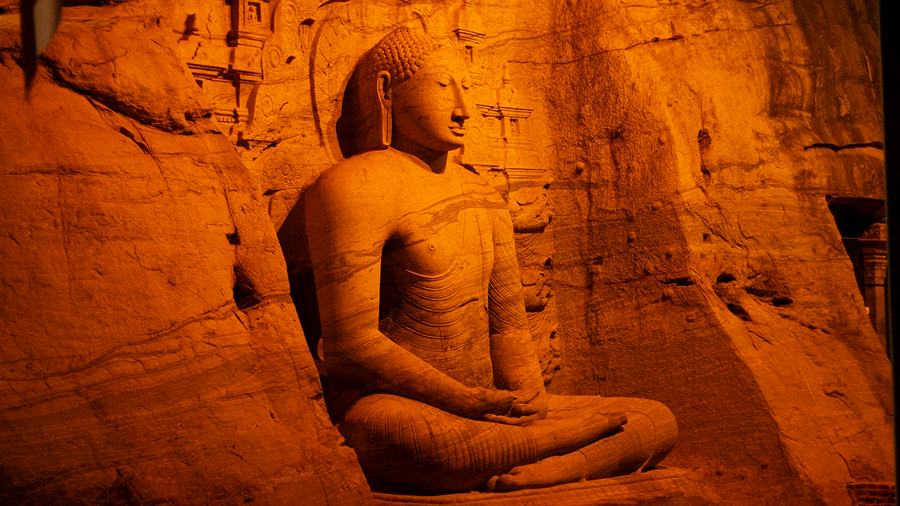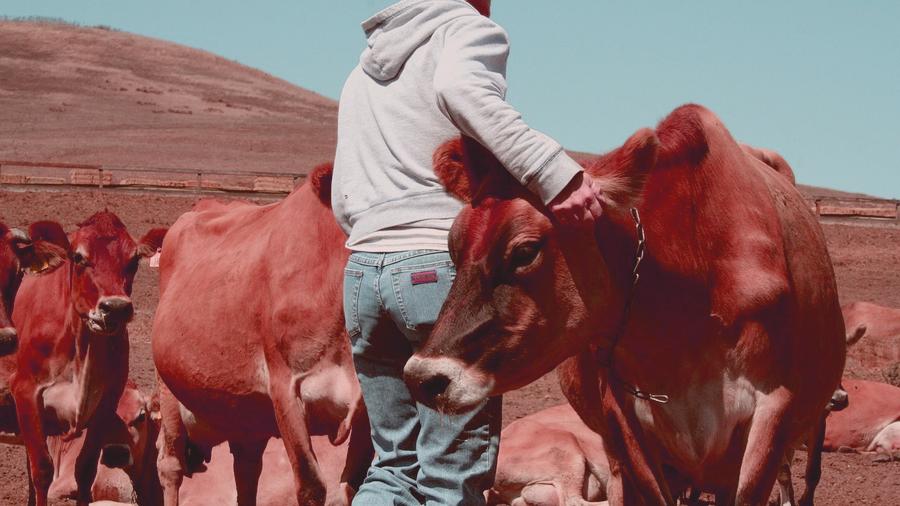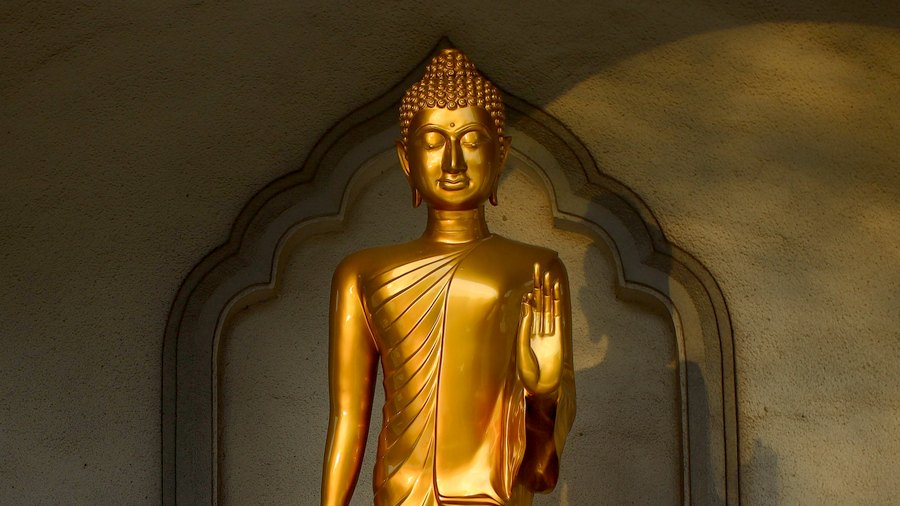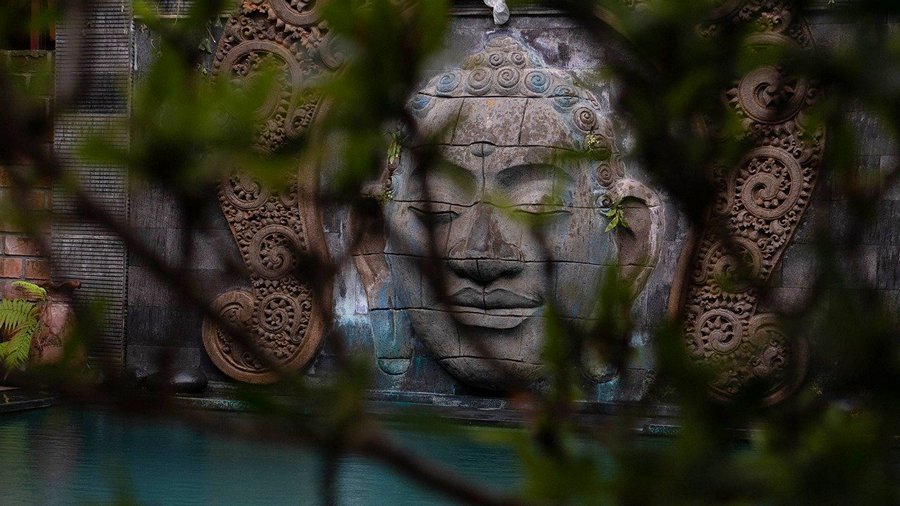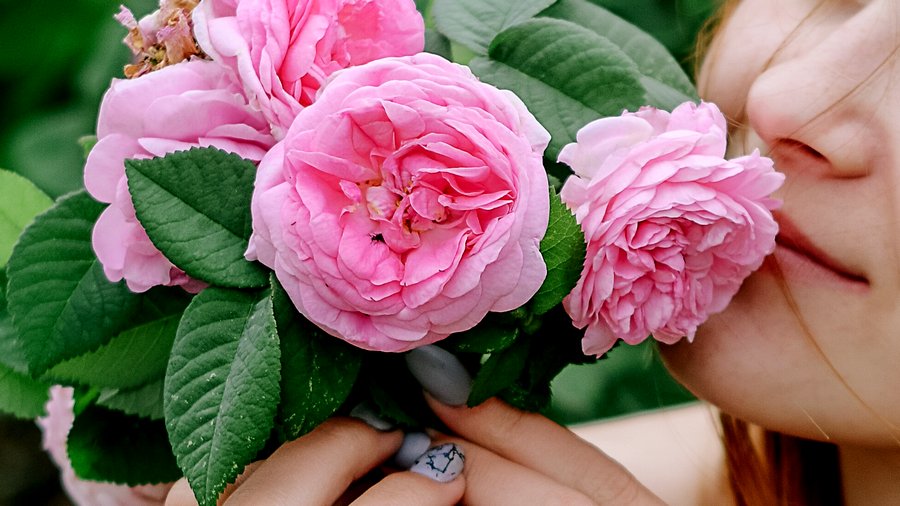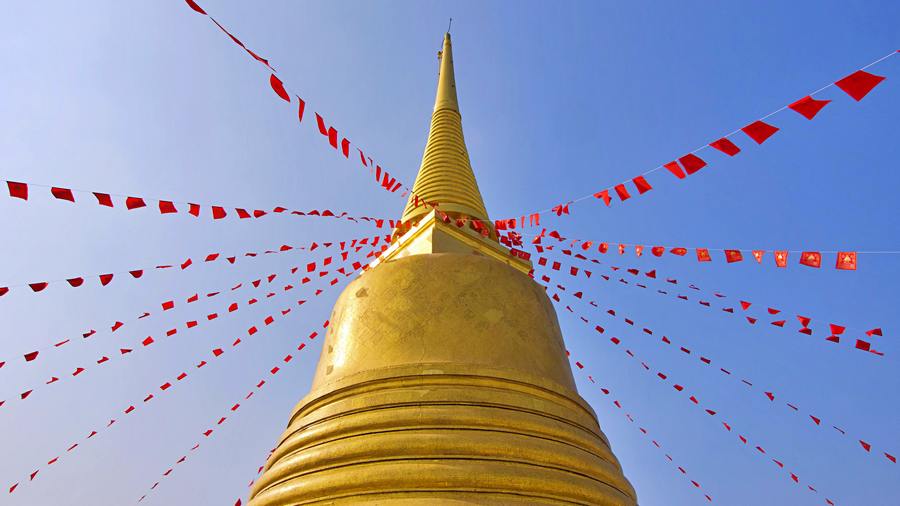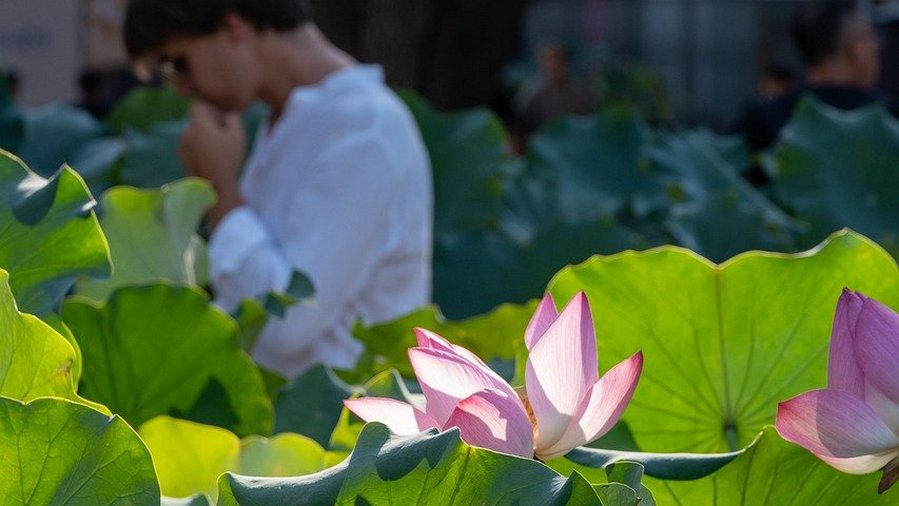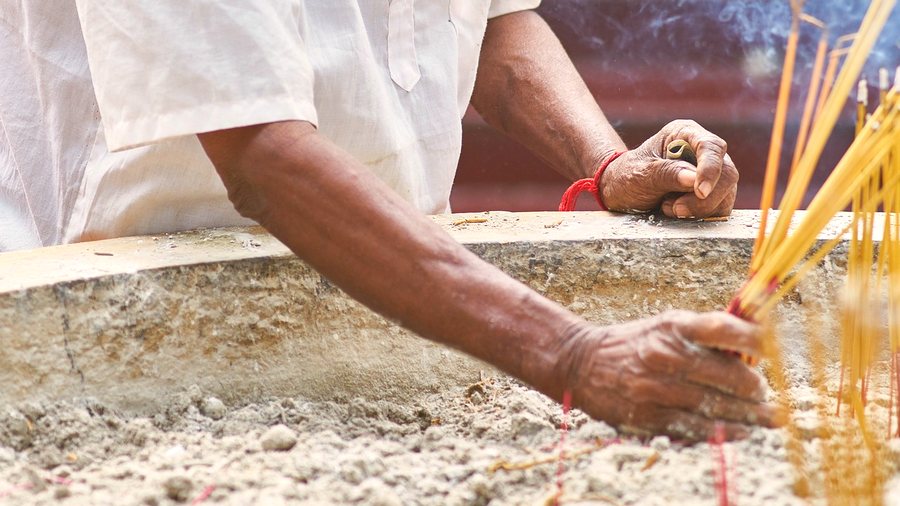Guard against ill-tempered deeds,
be restrained in body.
Giving up bad bodily conduct,
conduct yourself well in body.
Guard against ill-tempered words,
be restrained in speech.
Giving up bad verbal conduct,
conduct yourself well in speech.
Guard against ill-tempered thoughts,
be restrained in mind.
Giving up bad mental conduct,
conduct yourself well in mind.
A sage is restrained in body
restrained also in speech,
in thought, too, they are restrained:
they are restrained in every way.
Read the entire translation of Dhammapada Chapter 17, Kodhavagga: by Bhikkhu Sujato on SuttaCentral.net. Or read a different translation on SuttaFriends.org, DhammaTalks.org, Ancient-Buddhist-Texts.net or AccessToInsight.org. Or listen on SC-Voice.net. Or explore the Pali on DigitalPaliReader.online.
Or read a translation in Deutsch, Eesti keel, Tiếng Việt, Català, Čeština, Español, Français, עִבְֿרִיתּ, Magyar, Italiano, 日本語, Latine, मराठी, မြန်မာဘာသာ, Nederlands, Norsk, Polski, Português, සිංහල, Slovenščina, தமிழ், or 汉语. Learn how to find your language.



